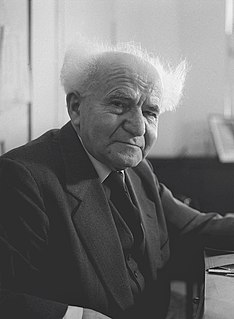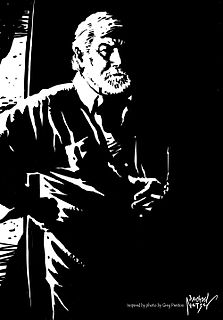A Quote by Jacques Ellul
It is the multiplication of men who are exluded from working which provokes war. We ought at least to bear this in mind when we boast of the continual decrease in human participation in technical operations.
Quote Topics
Related Quotes
No war ought ever to be undertaken but under circumstances which render all intercourse of courtesy between the combatants impossible. It is a bad thing that men should hate each other; but it is far worse that they should contract the habit of cutting one another's throats without hatred. War is never lenient but where it is wanton; when men are compelled to fight in self-defence, they must hate and avenge: this may be bad; but it is human nature.
I think that all things which evoke discipline: study, and our duties to men and to the commonwealth, war, and personal hardship, and even the need for subsistence, ought to be greeted by us with profound gratitude, for only through them can we attain to the least detachment; and only so can we know peace.
Rich men are to bear the infirmities of the poor. Wise men are to bear the mistakes of the ignorant. Strong men are to bear with the feeble. Cultured people are to bear with the rude and vulgar. If a rough and coarse man meets an ecstatically fine man, the man that is highest up is to be the servant of the man that is lowest down.
It behooves us always to bear in mind, that while actions are always to be judged by the immutable standard of right and wrong, the judgments which we pass upon men must be qualified by considerations of age, country, station, and other accidental circumstances; and it will then be found that he who is most charitable in his judgment is generally the least unjust.








































